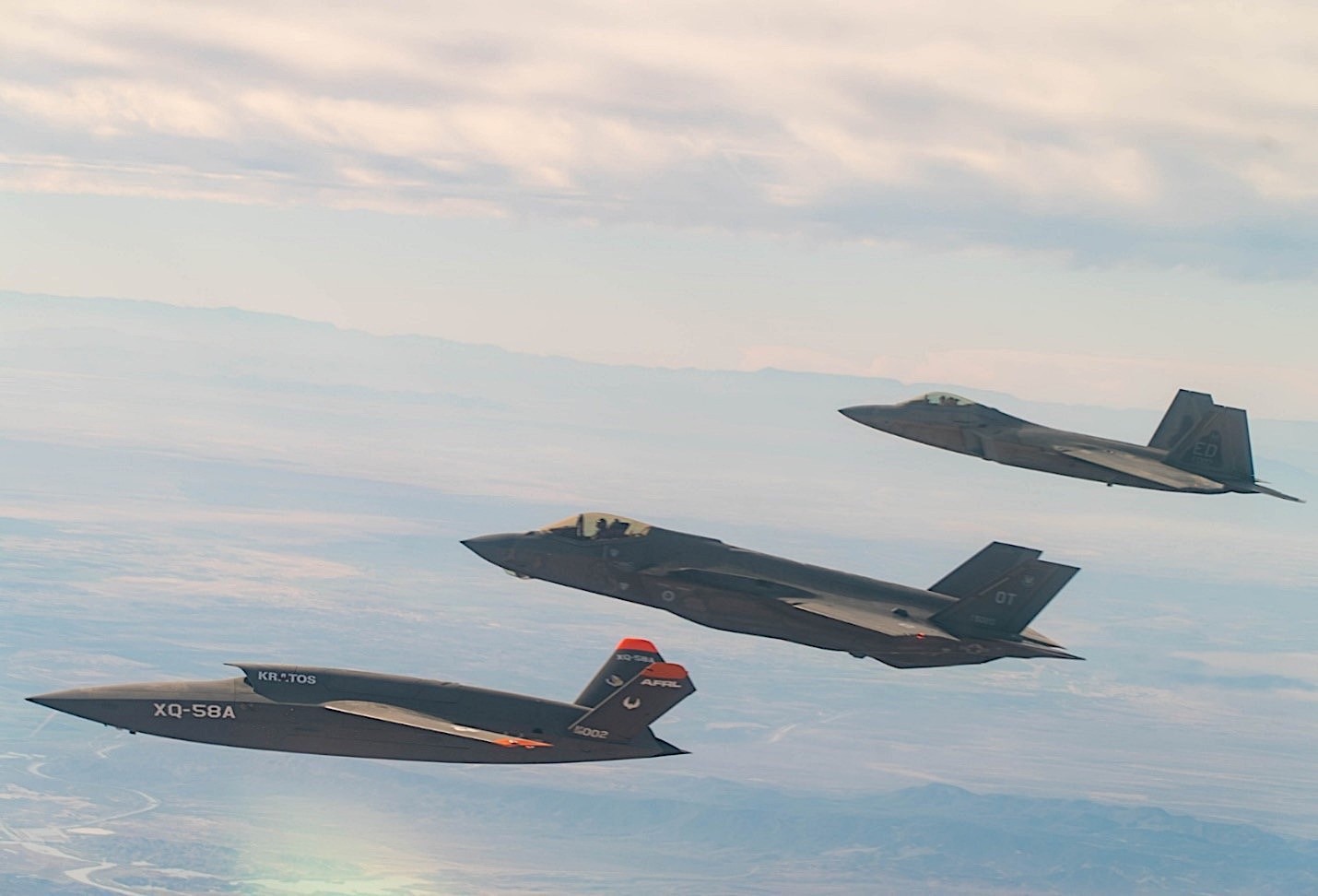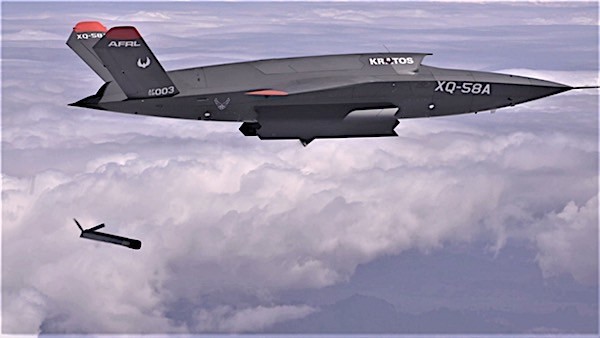Hivemind represents a breakthrough in artificial intelligence developed by defense startup Shield AI. Unlike conventional AI used for generating content or manipulating media, Hivemind is designed specifically to operate and control various military hardware autonomously. This includes aircraft, drones, ships, satellites, and submarines, without the need for human intervention.
What sets Hivemind apart is its complete autonomy and independence from human control or GPS navigation. Once integrated with military hardware, Hivemind utilizes onboard sensors to create a map of its surroundings and traverse based on that information to fulfill its assigned tasks. It doesn’t require precise instructions or prior knowledge but can adapt to changing environments and events to make optimal decisions.

While Shield AI has not disclosed the exact workings of Hivemind, its capabilities have been demonstrated through various successful deployments. Collaborating with the American military and private defense entities, Hivemind has been tested on different platforms, including quadcopters, reconnaissance drones like the MQ-35A V-BAT, and even simulated F-16 fighter jets.
The integration of Hivemind with various drones and aerial targets is an ongoing process. Recently, Hivemind successfully controlled the MQM-178 Firejet, demonstrating its versatility across different platforms. These tests serve to inform the integration of Hivemind with more advanced systems, such as the XQ-58 Valkyrie, a stealth drone designed to support piloted fighters like the F-22 and F-35.
The potential applications of Hivemind are vast, with implications for military operations and beyond. By replacing human pilots with AI, Hivemind offers faster decision-making, increased mission efficiency, and the ability to operate in environments where human limitations would otherwise be a constraint. Shield AI’s president, Brandon Tseng, believes that AI pilots will have a profound global impact, potentially surpassing the significance of self-driving cars.

